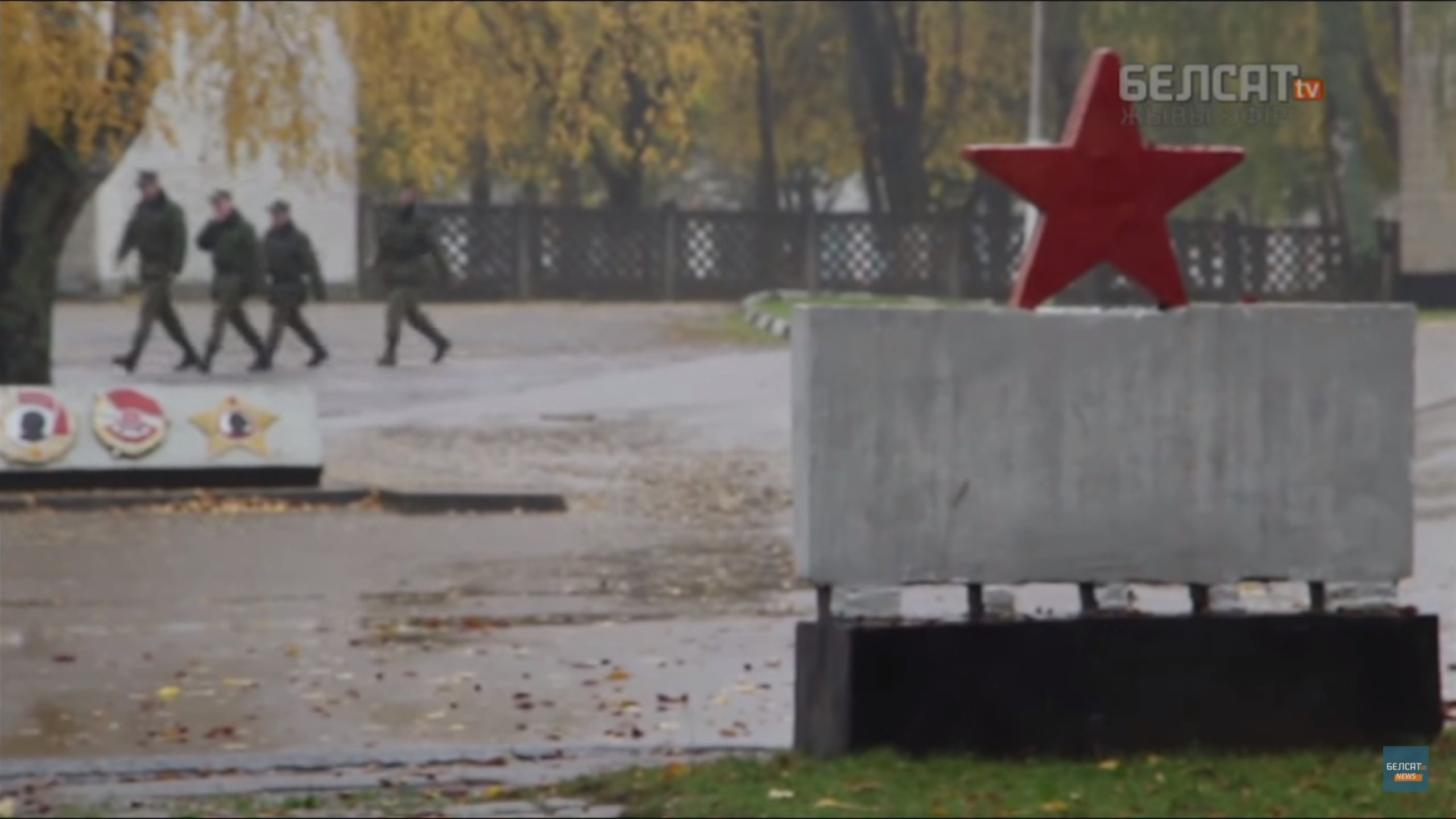The opposition discusses strategies, civil society and entrepreneurs oppose major lobbies
 The situation has gotten better
The situation has gotten better

Carriers managed to enlist the support of large business and some opposition parties to exert public pressure on the authorities to win some concessions. Meanwhile, civil society’s efforts in confronting major lobbyists of the investment project for the construction of a battery plant near Brest have led to no avail. Street protest leaders, party opposition and online activists continued to argue over different approaches to building relations with the authorities.
Irregular carriers managed to persuade the government to start negotiations about the revision of some decisions related to changes in the rules of their activity, which favour only state operators and fleets. The Council for the Development of Entrepreneurship, with the support of large business, has established a working group to elaborate a compromise solution. Some carriers have accepted the terms proposed by the authorities and resumed their activity under the new rules, some continued previous activity. Some opposition parties have supported intercity bus operators and assisted with collecting signatures to petition the authorities. Over a relatively short period of time, the appeal to president Lukashenka to suspend the restrictive order has collected more than 80 000 signatures.
Meanwhile, civil society and online activists’ efforts aimed at persuading the local and central authorities to abandon plans to build a battery plant near Brest either through protests or a petition with 37,000 signatures, have failed. However, actions of local residents and media coverage of the matter have prompted the Polish authorities to respond to the construction of a hazardous plant.
Simultaneously, labour protests have prompted an immediate reaction of the state enterprise administration and meet the workers’ demands, including due to the fear of the presidents’ reaction. The matter in hand was a one-day strike at the Minsk Bearing Plant.
Opposition leaders are afraid to lose influence in the protest movement in favour of young activists who organized the concert on March 25th to commemorate Freedom Day. Nevertheless, online activists appear to be indifferent to the social agenda, political activity and do not plan activity beyond historical and cultural events. Simultaneously, political parties have gained access to an additional mechanism for recruiting activists and rejuvenating their organisations, which they could use in the case the trend for authorizing non-conflict national and cultural activities persist. In addition, the National Democrats succeeded in strengthening their positions and agreeing with the authorities to open a private National University named after Nil Gilevich offering tuition in Belarusian.
Local and republican authorities are likely to disregard demands of local communities due to the extreme interest in attracting investment and economic growth, even in the case of the construction of hazardous industries. The conflict continued to grow in the opposition due to the difference in views among the national democrats, political parties and protest leaders about interactions with the authorities.
Subscribe to our newsletter




Situation in Belarus
Constitutional referendum: main consequences


 Video
Video
How to count the political prisoners: are the new criteria needed?


 Video
Video
Paternalism In Decline, Belarusian Euroscepticism, And The Influence Of Russia


 Video
Video












